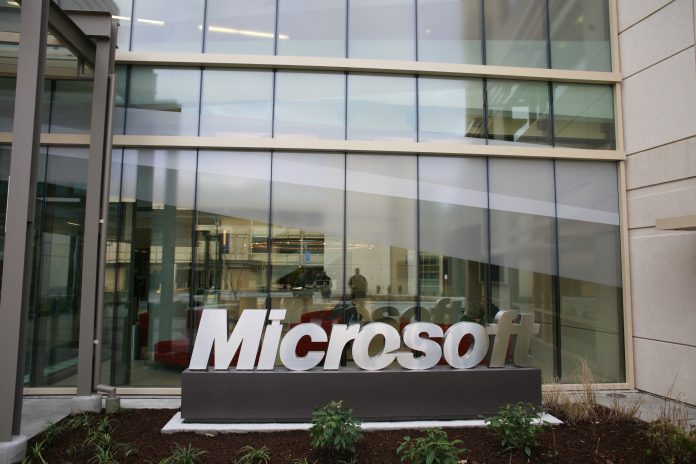“At Microsoft, we’re focused on empowering customers in their digital transformation journey, through partnerships that enable them to take advantage of the Microsoft Cloud, using the technologies they already have,” said Microsoft Satya Nadella. “Together with Dell Technologies and VMware, we are providing our mutual customers with an integrated cloud experience and digital workplace solutions to open up new opportunities and meet their evolving needs.” Dell Technologies is a majority shareholder in VMWare, hence the deal. Under it, joint Microsoft and VMWare Workspace One customers will be able to manage Office 365 devices via Azure AD and Intune.
VMWare Management on Azure
More critically, though, Azure customers would be able to use VMWare to manage devices on Microsoft’s cloud platform. The move will create a “seamless” way for VMWare Solutions customers to migrate and extend to Azure with little coding or other configuration. According to Microsoft, this will let them quickly utilize Azure’s scale and security for tasks like machine learning, AI, and IoT. “Customers are excited to see us expand our collaboration with Microsoft,” said Pat Gelsinger, CEO of VMware. “These innovative cloud and client offerings will deliver customers even more value, provide more flexibility to accelerate their hybrid-multi cloud and multi-device journey, and accelerate the digital transformation of their business.” It’s worth noting that Microsoft is not the first major cloud provider to make this deal. Dell and AWS reached a similar agreement in 2016. These partnerships are considered a great thing for customers, reducing complexity for hybrid cloud solutions. Microsoft will also be expanding Windows Virtual Desktop, its multi-session Windows 10 experience with RDS support. Via VMWare, it plans to extend its capabilities, with new features reaching technical preview by the end of the year. In general, the partnership marks a major transformation in the companies’ relationship. Two years ago, VMWare executives spoke out about a preview of its virtualization on Azure they say was developed without its help. “Microsoft recognizing the leadership position of VMware’s offering and exploring support for VMware on Azure as a superior and necessary solution for customers over Hyper-V or native Azure Stack environments is understandable but, we do not believe this approach will offer customers a good solution to their hybrid or multi-cloud future,” said senior vice president of product development, cloud services Ajay Patel at the time. According to Fortune, Microsoft and Dell had been talking about an expanded partnership for years, but discussions only shifted to VMWare in recent months.




